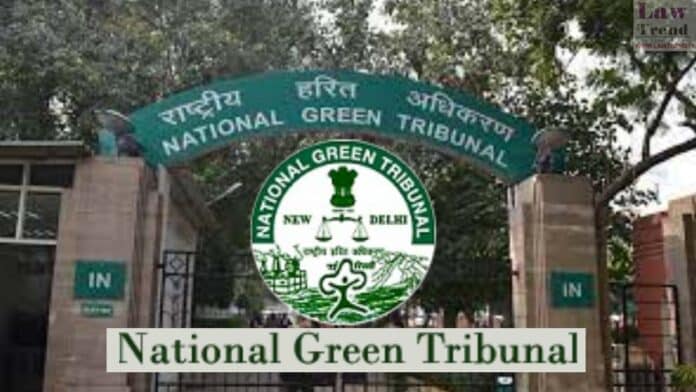The National Green Tribunal (NGT) has mandated the Central Pollution Control Board (CPCB) to submit a comprehensive report detailing the generation and treatment of electronic waste by states and Union territories. This directive aims to assess compliance with the E-Waste (Management) Rules, 2022, and to identify gaps in enforcement.
During a recent session, the NGT, led by Chairperson Justice Prakash Shrivastava, expressed dissatisfaction with the current state of e-waste management reporting. The existing report, filed on August 30, highlighted actions taken by various regions but failed to specify measures against non-compliance or the progress towards the 2023-2024 targets. “The report does not reflect any action which is taken by the CPCB for that non-compliance and the report also does not reflect the extent of the target which has been achieved for the year 2023-2024,” noted the tribunal.
The bench, which also includes Judicial Member Justice Sudhir Agarwal and Expert Member A Senthil Vel, emphasized the critical role of the CPCB in enforcing these regulations. The CPCB is responsible not only for monitoring adherence to the E-Waste (Management) Rules but also for conducting random checks, organizing training and awareness programs, and ensuring that manufacturers minimize the use of hazardous substances.
The NGT has given the CPCB six weeks to prepare and file this new report, which should include detailed data on the generation of e-waste, treatment facilities, and existing gaps in each state and Union territory. This action reflects the tribunal’s commitment to strengthening the enforcement of environmental regulations concerning the rapidly growing challenge of e-waste management in India.
The matter is set to be revisited on December 12, when further proceedings will address the adequacy of the newly submitted report and outline any necessary actions moving forward. This initiative underscores the urgency of addressing e-waste, a pressing environmental issue with significant implications for public health and ecological integrity.




